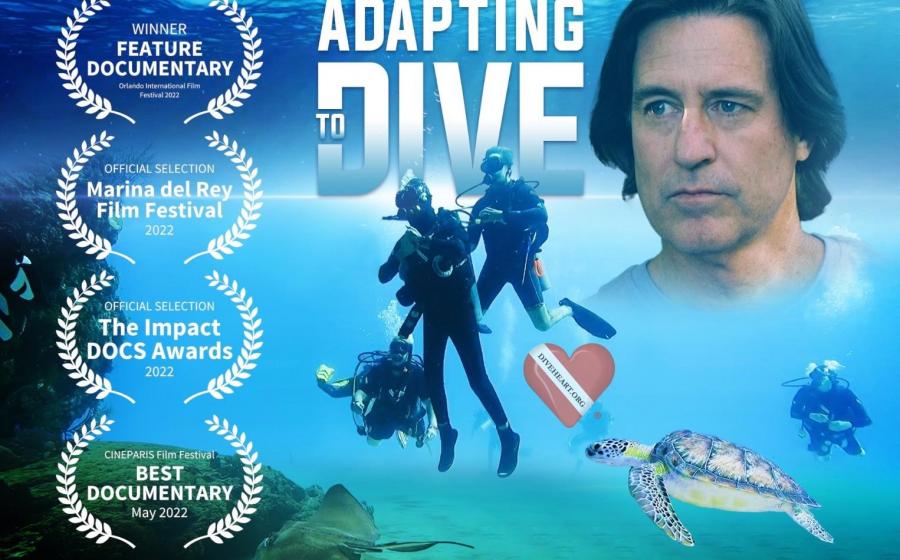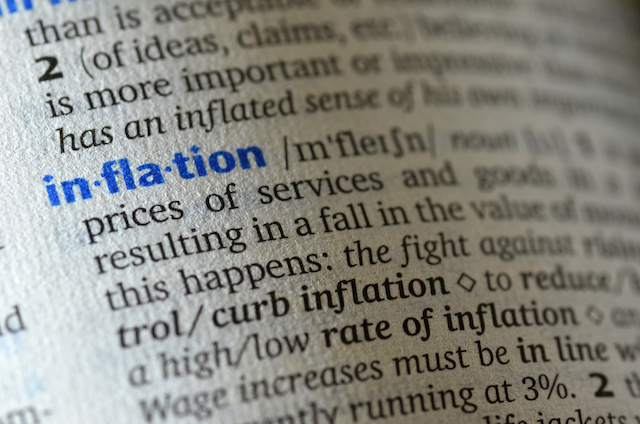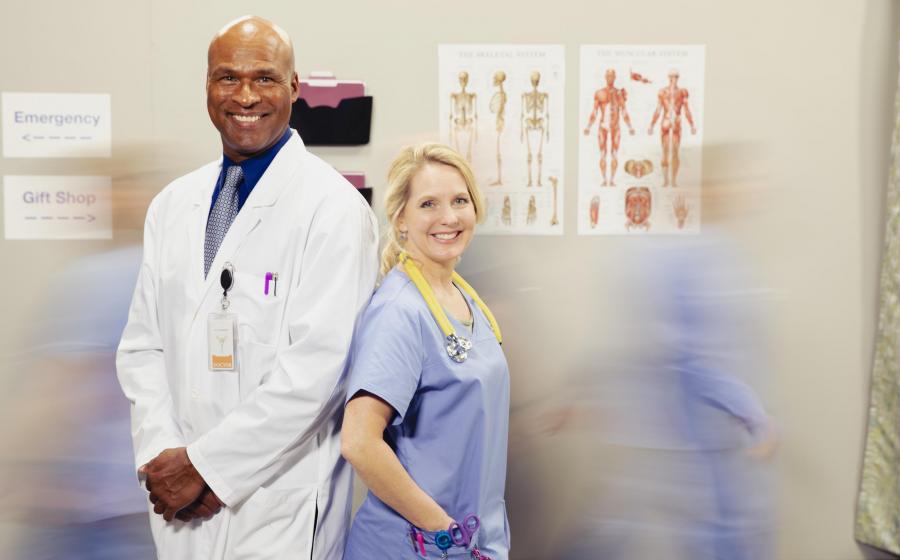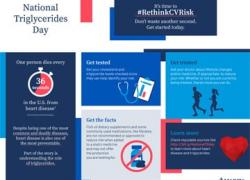BookTrib’s Bites: Four Great Reads to Take You Through the Summer
 “Shadow Song”
“Shadow Song”
by Anita Morrish
“A brilliant story of courage, resilience and love.” Rome 1943 ... As war ravages Italy, Rome’s inhabitants are watched and under curfew. Some join the resistance. Francesca, a talented art student, finds work at Rome’s opera house where nothing is as it seems. Carlo, a doctor, returns unexpectedly to Rome, unable to escape his past. Danger lurks in the shadows, threatening Francesca, Carlo and those they love.
“The story is unputdownable,” says www.lovereading.co.uk. “Shadow Song” is a gripping, heart-wrenching World War II tale that will stay with the reader long after the book is finished. Anita Morrish's story is filled with inspiration that people can act for what is right in the face of adversity and tragic circumstances.”
Purchase at https://amzn.to/3rVUAd9.
 “Primitives”
“Primitives”
by Erich Krauss
From NYT bestselling author Erich Krauss comes the story of two unlikely heroes thrust into a post-apocalyptic mission to restore humanity.
Thirty years after The Great Fatigue infected the globe, Seth Keller makes a gruesome discovery which forces him to leave the safety of his desert home and the only other person left in the world … at least, as far as he knows.
Three thousand miles away in Costa Rica, Sarah Peoples has made her own discovery -- just as horrific, and just as life-changing.
On separate journeys a world apart, Seth and Sarah find themselves swept up in a deadly race to save humankind. But does humanity deserve to survive? “An absolute page-turner,” says NYT bestselling author, Glen Cordoza.
Purchase at https://amzn.to/36biwlh.
 “Paul S. Endy Jr.: Las Vegas Casino Gaming Legend”
“Paul S. Endy Jr.: Las Vegas Casino Gaming Legend”
by Eric P. Endy.
There isn’t a person who had anything to do with the gaming industry in Las Vegas -- or the world for that matter -- who doesn’t recognize the company name of Paul-Son Dice. But how many know the name of the man behind PaulSon, Paul S. Endy Jr.? He was known by many names, including Mr. Paulson, the old man, a mover and a shaker, a bull in a china shop, and Mr. Endy. But he was the author’s father, and this is the story of his life and the legacy to the gaming industry he left behind.
Says Wayne Newton, “Paul Endy was a real Casino Gaming Legend and a great human being! I will always cherish the time we spent together. This book continues his legacy.” Purchase at legendendy.vegas.
 “Asterisk: A Wildcard Character”
“Asterisk: A Wildcard Character”
by Booth Milovnik
In January of 1983, 14-year-old Cindy found out she was pregnant. Her faith-filled mother was crushed. She ended up giving birth and naming the baby Matthew. Cindy ended up calling Matthew her little asterisk. As Cindy tells us the story of her life, Matthew seems to be a footnote to everything that happens.
But Matthew is not just an asterisk in his mother’s story. Family members and friends also share their stories, and Matthew seems to be an asterisk in all of them. Who is Matthew? Who is his father? Just how important is Matthew to everyone he encounters as he grows up? Read stories that are raw and emotional, sometimes funny, often sad, but always compelling.
Purchase at https://bit.ly/386ctyJ.
NOTE: BookBites is presented by BookTrib.com.

 -
- 
 - Why not send a homestyle crumb cake? You can’t always be with friends and family in times of joy or sorrow, but sending special treats for comfort, support, or celebration is an easy way to show you care when you aren’t there.
- Why not send a homestyle crumb cake? You can’t always be with friends and family in times of joy or sorrow, but sending special treats for comfort, support, or celebration is an easy way to show you care when you aren’t there.  - It’s outdoor living season and there’s nothing better than kicking back and enjoying some fun in the sun with family and friends. And whether you’re looking to build an open-air space to relax, or the outdoor kitchen of your dreams, natural materials like cypress canI make a bold design statement and withstand the elements.
- It’s outdoor living season and there’s nothing better than kicking back and enjoying some fun in the sun with family and friends. And whether you’re looking to build an open-air space to relax, or the outdoor kitchen of your dreams, natural materials like cypress canI make a bold design statement and withstand the elements.


 - The award-winning documentary, “Adapting to Dive,” follows filmmaker David Marsh on a transformational journey. Marsh lost his son to an opioid overdose on Thanksgiving, one week before he joined the non-profit group, Diveheart, on an adaptive scuba diving trip to Cozumel, Mexico.
- The award-winning documentary, “Adapting to Dive,” follows filmmaker David Marsh on a transformational journey. Marsh lost his son to an opioid overdose on Thanksgiving, one week before he joined the non-profit group, Diveheart, on an adaptive scuba diving trip to Cozumel, Mexico.  - The COVID-19 pandemic didn’t change it.
- The COVID-19 pandemic didn’t change it. 




 - Spice up your summer with the premiere of the much-anticipated, four-part limited series, Flowers in the Attic: The Origin, starting July 9 on Lifetime Television.
- Spice up your summer with the premiere of the much-anticipated, four-part limited series, Flowers in the Attic: The Origin, starting July 9 on Lifetime Television. 
 - For a truly distinctive experience, Israel stands out as a dream destination that should be on everyone’s top travel list. For the first time since 2019, Israel is open to all travelers from around the world. Whether you are a solo traveler, or part of a couple, family, or group of friends, Israel is a diverse destination with something everyone can enjoy. When planning a trip to Israel, consider a range of destinations and events for a well-rounded itinerary.
- For a truly distinctive experience, Israel stands out as a dream destination that should be on everyone’s top travel list. For the first time since 2019, Israel is open to all travelers from around the world. Whether you are a solo traveler, or part of a couple, family, or group of friends, Israel is a diverse destination with something everyone can enjoy. When planning a trip to Israel, consider a range of destinations and events for a well-rounded itinerary. 
 - Mammograms. Colonoscopies. Dental Cleanings. There are many diagnostic exams that we may not enjoy; however, we follow the prescribed regimen for our health and well-being. Health experts are encouraging families and older adults to take the same approach to a newly recommended examination that many adults are avoiding: the Elderoscopy.
- Mammograms. Colonoscopies. Dental Cleanings. There are many diagnostic exams that we may not enjoy; however, we follow the prescribed regimen for our health and well-being. Health experts are encouraging families and older adults to take the same approach to a newly recommended examination that many adults are avoiding: the Elderoscopy. 
 - Whether you are at the gas pump, the grocery store or even shopping online, the higher prices resulting from the current state of inflation are hitting everyone hard. Fortunately, smart consumers can find ways to help reduce the inflation burden.
- Whether you are at the gas pump, the grocery store or even shopping online, the higher prices resulting from the current state of inflation are hitting everyone hard. Fortunately, smart consumers can find ways to help reduce the inflation burden.  -
-  “Free the Animals – 30th Anniversary Edition”
“Free the Animals – 30th Anniversary Edition” “Solitario: The Lonely One”
“Solitario: The Lonely One” “The Last Lumenian”
“The Last Lumenian” “A Moment of Change”
“A Moment of Change”



